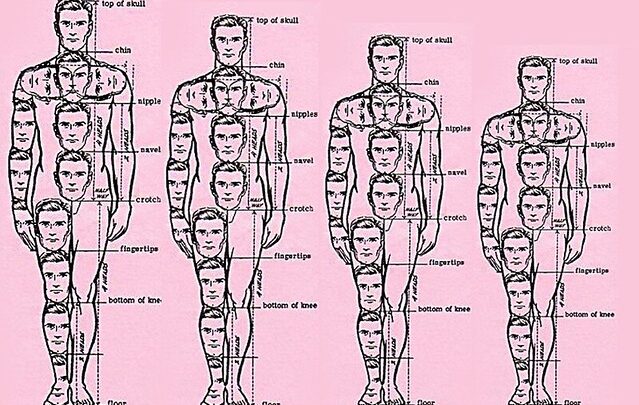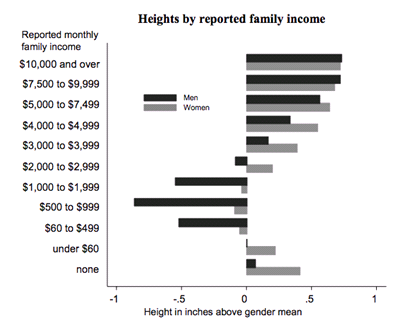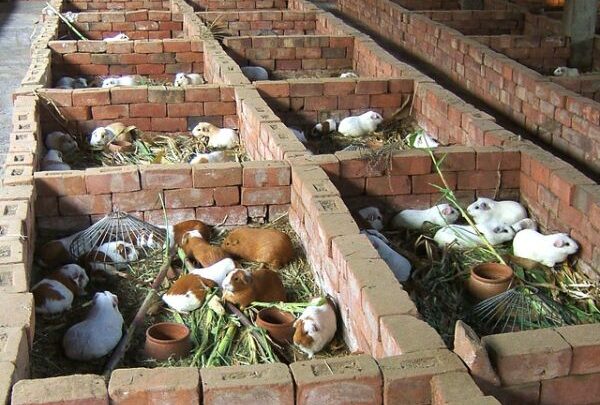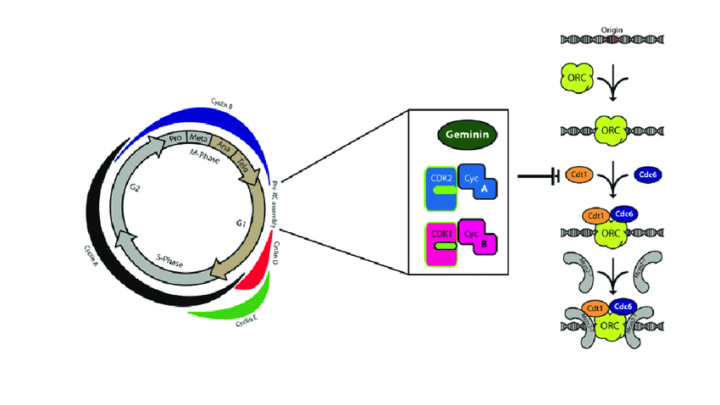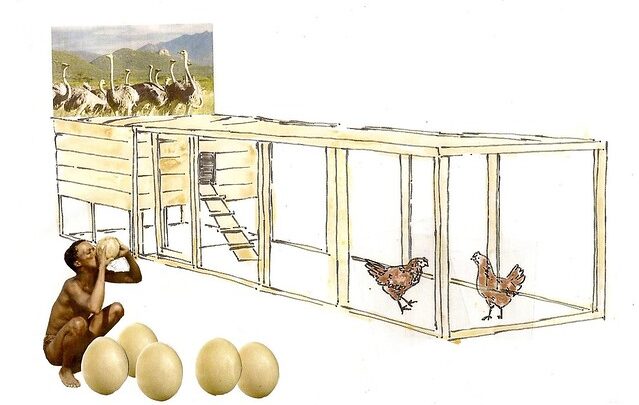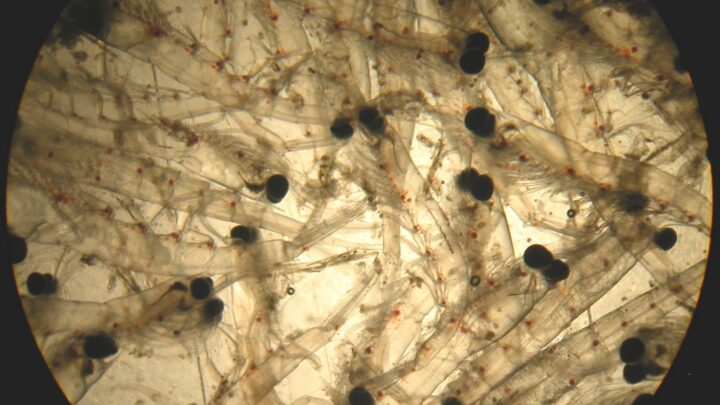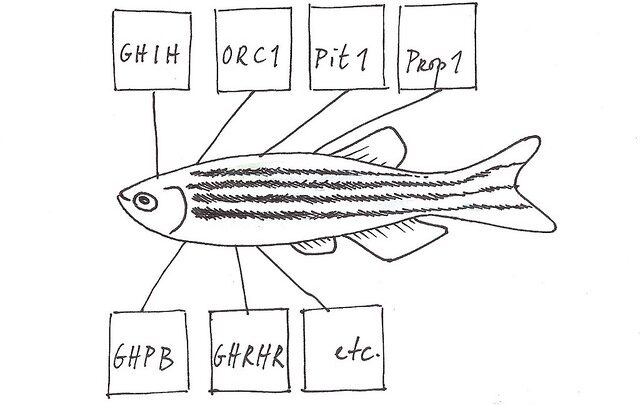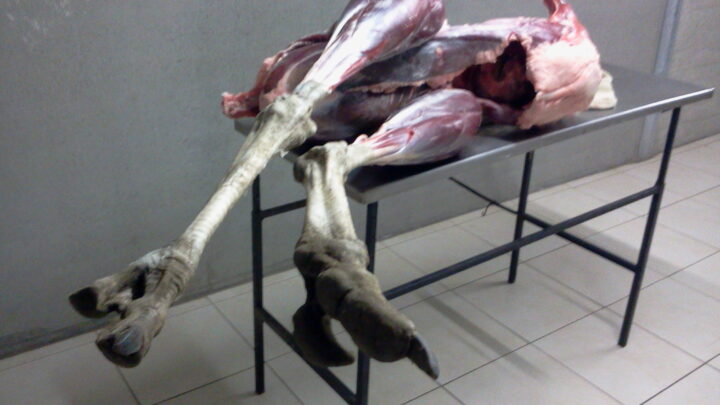A Puzzle with 300+ Pieces
March 19, 2012Parental Height Minus 10
March 14, 2012Overcoming the Uncanny
March 12, 2012Messengers of the Small Truth
March 4, 2012Height Tax
February 27, 2012Benito’s Rodents
February 20, 2012Complex Desire
February 19, 2012Trijntje Keever / Groote Meidt
February 13, 2012Poultry/House
February 11, 2012The Shortlist
February 7, 2012High on Cheese
January 29, 2012Krill Adaptations
January 28, 2012Because environments vary with both predictable patterns and with unpredictable but recurring events, ecologists have long been interested in the ecological adaptations that organisms use to survive periods in which the environment may be exceptionally harsh. One of the most interesting adaptations observed in the…


